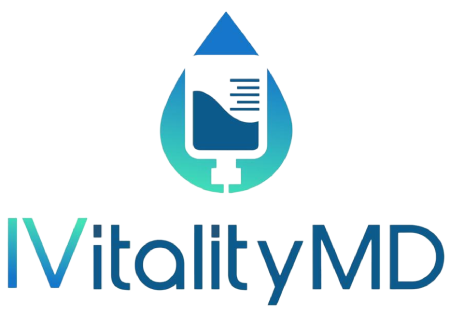
Detoxification is essential for eliminating toxins and rejuvenating your overall health. Our comprehensive detox programs are designed to cleanse your body, boost your energy, and enhance your well-being.
What is Detoxification?
Detoxification is the process of removing harmful toxins from the body to promote better health and prevent disease.
This process is crucial for maintaining optimal health, as it supports the body’s natural elimination systems and prevents the buildup of toxic substances that can impair function.
How Detoxification Works
Our detox programs typically involve a combination of dietary changes, supplements, and therapies designed to support the liver, kidneys, and other detoxification pathways.
Detoxification works by enhancing the body’s natural processes of toxin elimination through the liver, kidneys, skin, and lungs. Nutritional support and specific therapies help to mobilize and excrete toxins, reducing the overall toxic burden and improving health.
Benefits of Detoxification
- Enhanced Energy Levels: Removing toxins can help reduce fatigue and increase overall vitality.
- Improved Digestion: Detox programs often include dietary changes that promote better digestive health.
- Clearer Skin: Many people notice improvements in their skin as toxins are eliminated.
- Reduced Inflammation: Detoxification can help lower inflammation, reducing pain and improving joint health.
Who Can Benefit from Detoxification?
Individuals experiencing chronic fatigue, digestive issues, skin problems, or general toxicity symptoms can benefit greatly from detox programs.
Conditions Treated
- Chronic Fatigue
- Digestive Disorders
- Skin Conditions
- Inflammatory Conditions
